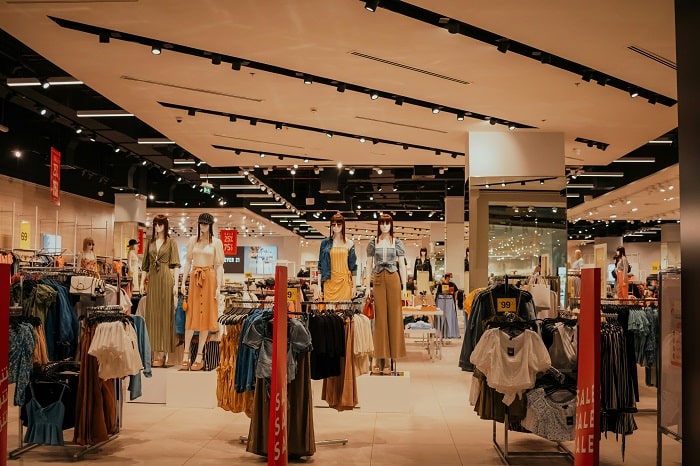Fast fashion has us hooked on cheap thrills, but at what cost? Let’s peel back the layers of this industry and uncover the hidden price tag.
The Hidden Costs of Fast Fashion
Fast fashion. We’ve all heard the term, right? It’s that magical world where trendy clothes appear on racks overnight, and prices are so low, that you can afford to buy a whole new wardrobe every season. But what if I told you there’s a dark side to this fashion fairy tale? A side filled with environmental destruction, labor exploitation, and a whole lot of waste.
Let’s talk about the true cost of fast fashion. It’s time to rip the curtain back and expose the ugly truth behind those cute, cheap clothes.
The Fast Fashion Frenzy
Fast fashion is like a never-ending cycle of desire and disposal. Retailers pump out new styles at breakneck speed, tempting us with the latest trends. It’s easy to get caught up in the excitement of new clothes, but let’s take a step back and think about what’s really going on.
The fast fashion industry is built on a model of overproduction and overconsumption. Clothes are made quickly and cheaply, often using harmful chemicals and unsustainable materials. This has a devastating impact on our planet.
The Environmental Toll
Fast fashion is a major contributor to climate change. From the cultivation of cotton to the transportation of finished garments, the fashion industry leaves a massive carbon footprint. The production of synthetic fabrics like polyester releases harmful microplastics into our oceans, harming marine life.
But the environmental damage doesn’t stop there. The fashion industry is a major water polluter. It takes an incredible amount of water to grow cotton, and the dyeing process uses toxic chemicals that often end up in our water supply.
The Human Cost
Behind every piece of fast fashion clothing is a story of human exploitation. Garment workers, mostly women, are often paid poverty wages and work in unsafe conditions. They face long hours, forced overtime, and even child labor. It’s a harsh reality that few of us consider when we’re browsing the racks.
The fast fashion industry also contributes to the problem of textile waste. With clothes becoming cheaper and cheaper, we’re more likely to throw them away after a few wears. This creates a massive amount of waste that ends up in landfills or is incinerated.
The Impact on Ourselves
Fast fashion isn’t just bad for the planet and the people who make our clothes. It’s also bad for us. When we buy cheap, low-quality clothing, we’re contributing to a culture of disposable fashion. This can lead to a lack of appreciation for our clothes and a constant desire for something new.
Moreover, the psychological impact of fast fashion can be significant. The constant pressure to stay on top of the latest trends can lead to feelings of inadequacy and low self-esteem.
Breaking the Fast Fashion Cycle
So, what can we do to break the fast fashion cycle? It starts with becoming more conscious consumers. Here are some tips:
- Buy less: Focus on quality over quantity. Invest in pieces that will last.
- Choose sustainable brands: Support brands that prioritize ethical and environmental practices.
- Embrace secondhand fashion: Thrift stores and consignment shops are treasure troves of unique and affordable clothing.
- Repair and mend: Extend the life of your clothes by repairing them instead of throwing them away.
- Recycle and upcycle: Give old clothes a new life by recycling or upcycling them.
Fast Fashion FAQs
Q: Isn’t it too expensive to buy high-quality clothing?
A: While it’s true that high-quality clothing can be more expensive upfront, it’s an investment that pays off in the long run. Better-made clothes will last longer, so you’ll end up saving money in the end.
Q: What can I do to reduce my impact on the environment?
A: There are many small steps you can take to reduce your fashion footprint. For example, wash your clothes in cold water, air dry whenever possible, and avoid using fabric softener.
Wrap-Up
The fast fashion industry is a complex issue with far-reaching consequences. But by making conscious choices, we can help create a more sustainable and ethical fashion world. Let’s work together to build a future where fashion is not only stylish but also kind to the planet and its people.
What are your thoughts on fast fashion? Share your experiences and ideas in the comments below.

